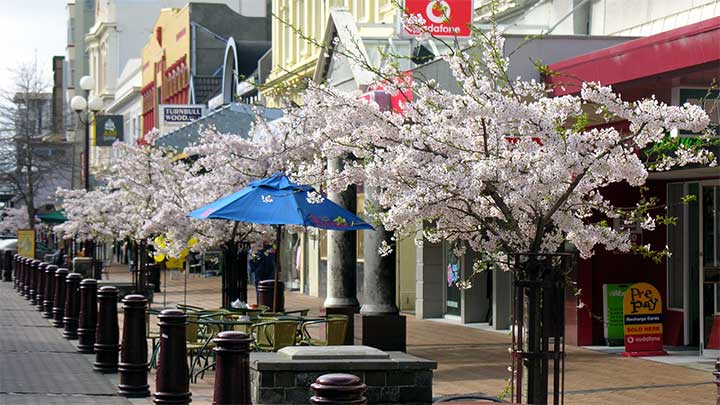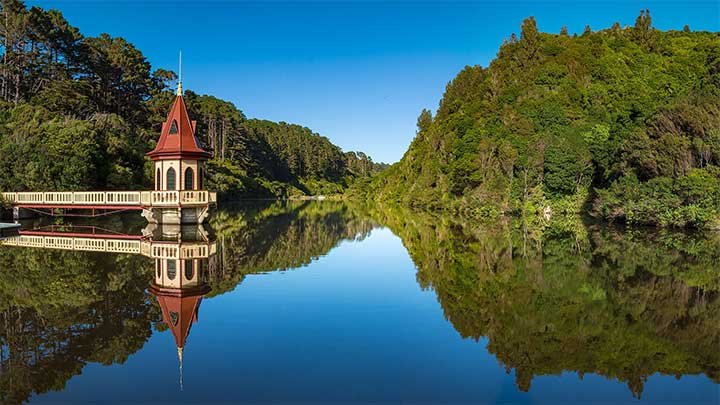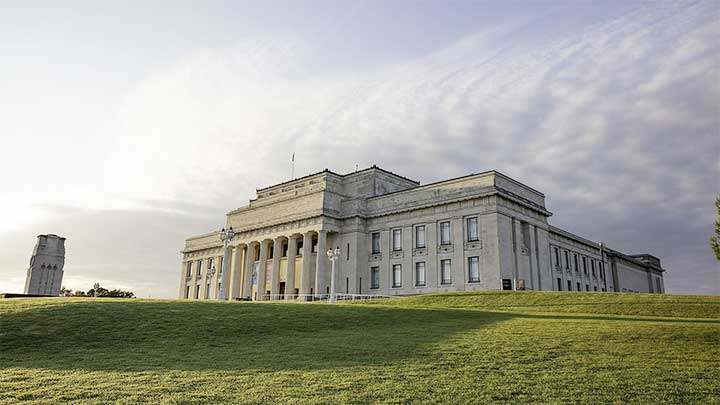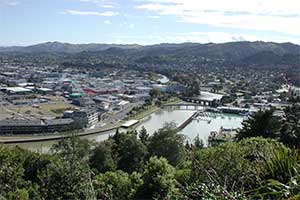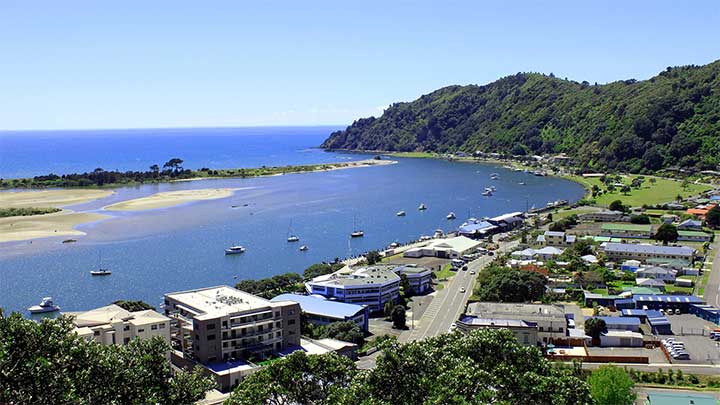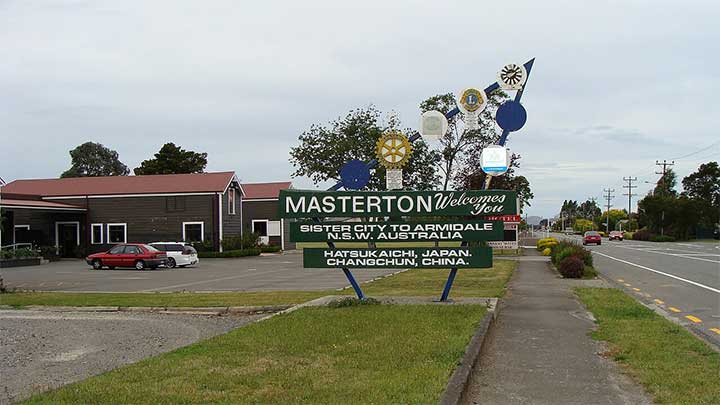Daycare Fee >> NewZealand >> Wellington Region
Explore Daycare Costs in Wellington: Your Comprehensive Guide to Childcare in the Capital! Wellington, New Zealand’s vibrant capital, is known for its bustling economy, rich cultural scene, and family-friendly communities. However, finding the right daycare in such a dynamic region can be a daunting task. Whether you’re based in Wellington City, Lower Hutt, Porirua, or the surrounding suburbs, understanding daycare costs and the factors that drive them is crucial for making informed choices. In this guide, we break down everything you need to know about childcare options across the Wellington region, helping you navigate through fees, government support, and local offerings to find the perfect fit for your family. Keep reading to make sure you’re fully equipped to secure the best care for your little one in this thriving capital region.
Wellington City | Lower Hutt | Porirua | Upper Hutt | Masterton

1. Economic Context
- Higher Costs: Daycare fees in the Wellington region are generally higher, especially in central areas like Wellington City, Lower Hutt, and Porirua, reflecting the region’s higher cost of living. The presence of government offices, corporate sectors, and technology hubs in the capital city contributes to the demand for quality daycare services.
- Public Sector and Tech Influence: Wellington’s economy is driven by the public sector, IT, and creative industries, influencing the demand for flexible and high-quality daycare options, particularly in Wellington CBD and areas like Thorndon and Te Aro.
2. Availability and Access
- Urban vs. Suburban Access: Wellington City offers a broad range of daycare options, including prominent centers like BestStart and Lollipops. Suburban areas like Lower Hutt (e.g., Petone, Woburn) and Upper Hutt have more affordable options, while still providing quality care. In smaller towns like Kapiti and Wainuiomata, daycare options may be more limited.
- Waitlists: In high-demand areas like Karori and Khandallah, waitlists can be long, especially for infant care. Suburbs such as Tawa and Johnsonville may offer shorter waitlists but with varying levels of availability.
3. Types of Daycare
- Full-Daycare Centers: Prominent in Wellington City and Lower Hutt, with centers like Kidicorp Thorndon and Busy Bees Lower Hutt offering full-day programs designed to accommodate working parents in demanding professions.
- Home-Based Care: Common in suburban areas like Upper Hutt and Kapiti Coast, providing a personalized environment with smaller group sizes, often catering to parents working non-traditional hours.
- Te Kōhanga Reo: Māori language immersion daycares are available throughout Wellington, particularly in areas like Porirua and Wainuiomata, focusing on Māori culture and language.
4. Transportation and Accessibility
- Urban Convenience: In Wellington City, particularly in central areas like Wellington CBD, Thorndon, and Newtown, daycare centers are well-served by public transport, including buses and trains, with many offering convenient parking for parents commuting by car.
- Suburban Access: Suburbs like Lower Hutt, Upper Hutt, and Porirua are well-connected by public transport, and many daycare centers in these areas offer easy access to major roads, making drop-offs and pick-ups more convenient.
5. Cultural Influence
- Māori Integration: Wellington has a vibrant Māori community, and many daycare centers, especially in areas like Porirua and Lower Hutt, incorporate Te Reo Māori and Māori cultural practices into their programs.
- Multicultural Environment: With a diverse population, especially in Wellington City and Porirua, many daycare centers cater to multiple languages and cultural backgrounds, reflecting the region’s multiculturalism.
6. Seasonal Programs
- Holiday Care: Many daycare centers in Wellington City and larger suburbs like Lower Hutt and Upper Hutt offer holiday programs to cater to parents working in government, education, and tech industries, ensuring continuity of care during school breaks.
- Extended Hours: Centers in business districts like Wellington CBD and Petone often offer extended hours to accommodate parents working in industries with irregular hours, such as public service and healthcare.
7. Additional Support
- Local Subsidies: In addition to national subsidies, local councils in areas like Wellington City, Lower Hutt, and Porirua may offer additional financial support or grants to help families with daycare costs, particularly for low-income households.
- Community Resources: In areas like Upper Hutt and Kapiti Coast, local organizations often provide additional resources and support for parents, helping them navigate daycare options and costs.
8. Health and Safety
- Urban Health Standards: Daycare centers in Wellington City, Lower Hutt, and Porirua adhere to strict health and safety guidelines, with regular inspections and safety drills, particularly in densely populated areas like Te Aro and Petone.
- Nutrition and Meals: Many daycare centers across the Wellington region, especially in family-oriented suburbs like Karori, Kelburn, and Whitby, offer nutritious meal plans featuring locally-sourced produce, catering to diverse dietary needs.
9. Community and Expat Support
- Migrant-Friendly Centers: With a growing international population in Wellington City and suburbs like Johnsonville and Newlands, some daycare centers offer additional language support, particularly in English, Mandarin, and Te Reo Māori, and resources to help new families integrate.
- Expat Communities: In areas like Wellington Central, Oriental Bay, and Eastbourne, daycare centers often connect with expat communities, providing resources and support for families transitioning to life in New Zealand.
